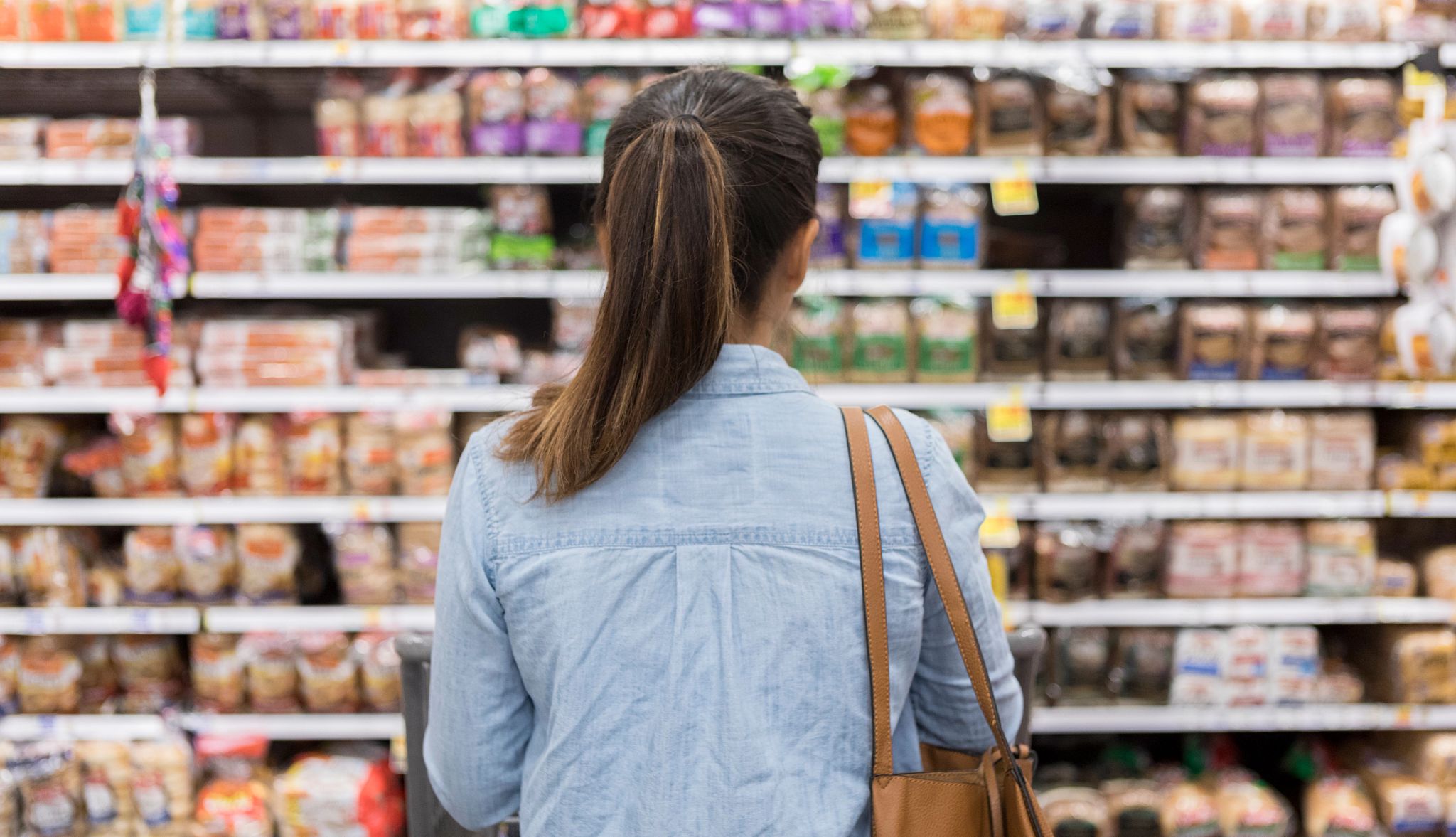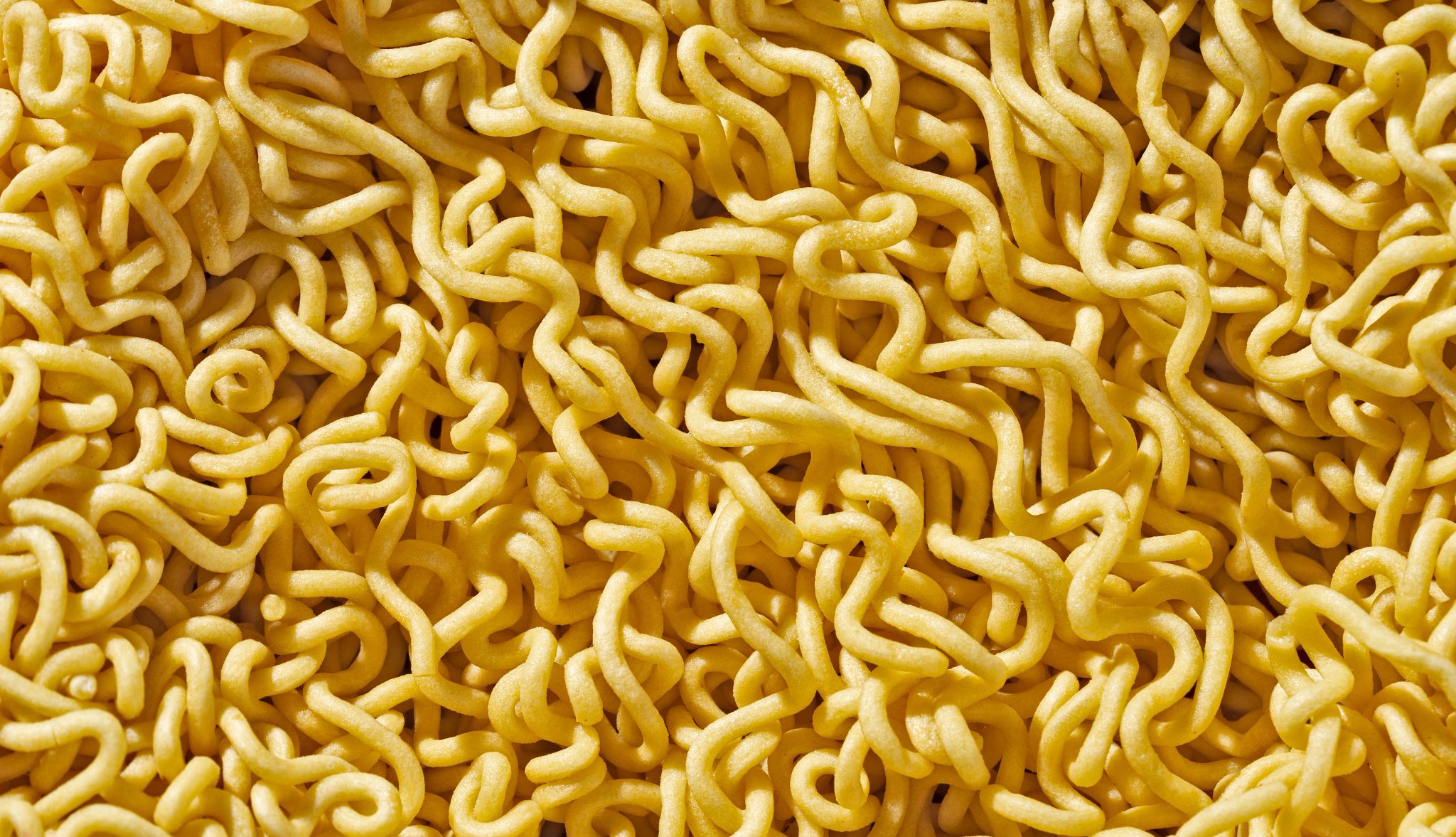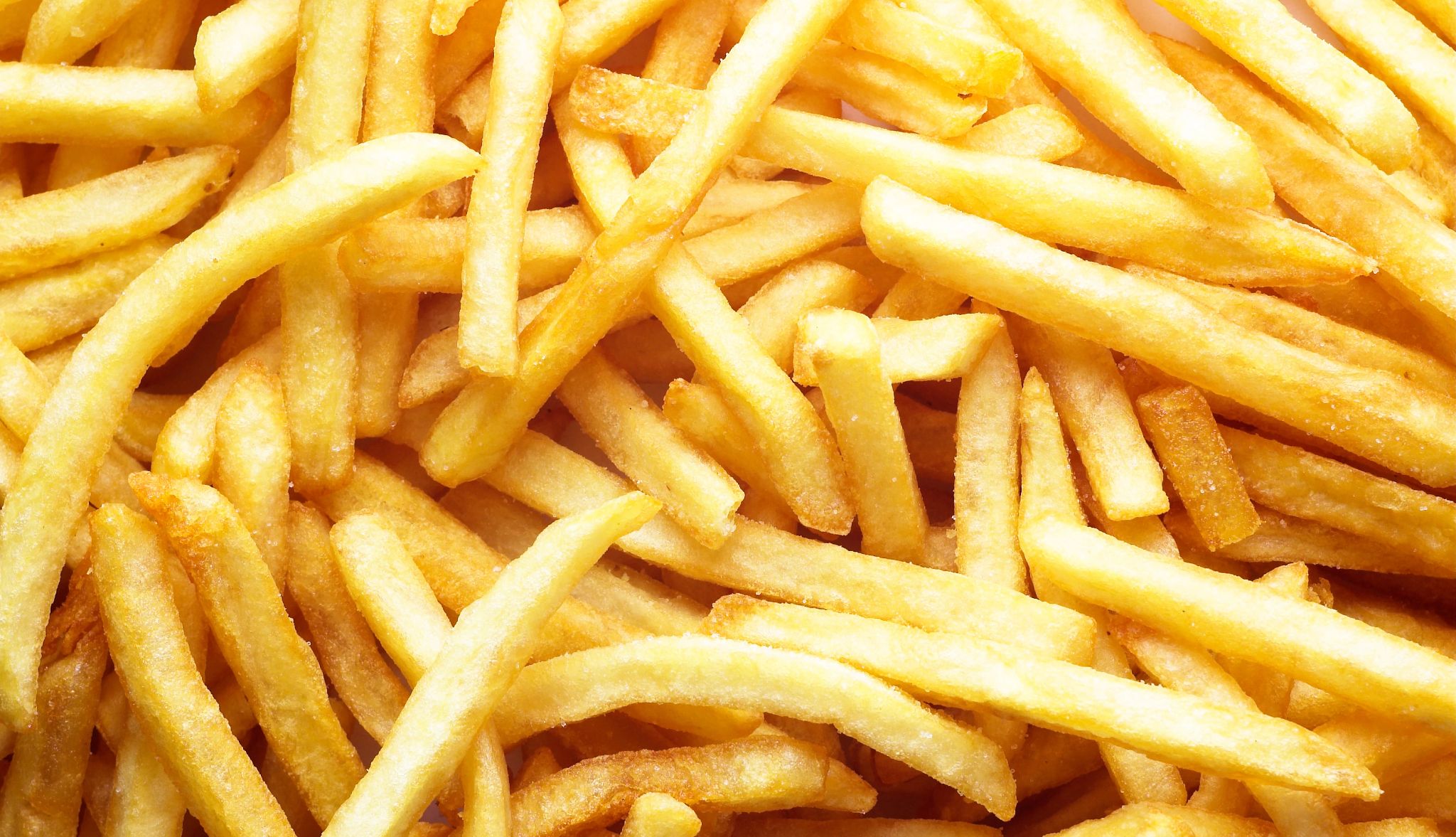AARP Hearing Center


We’re not going to lie. Being a healthy eater after 50 means two things: boosting your intake of good-for-you foods like berries, leafy greens, whole grains and lean proteins, while also cutting out the foods that clog your arteries, raise your blood pressure and risk of diabetes, affect your cognition and expand your waistline.
“The number one thing that happens with aging is [that] your physiology changes, your body composition changes, [and] everything is processed a bit differently,” says Amit Shah, M.D., assistant professor of internal medicine at the Mayo Clinic in Scottsdale, Arizona. “You literally become more fat [and] less water.” The decline in muscle fiber can lead to frailty. So it’s very important to pay attention to nutrition.
That means trying to limit or avoid three big culprits: sodium, added sugar and ultraprocessed foods. In a newly published analysis of data from more than 100,000 American health professionals over more than 30 years, those who ate the most ultraprocessed foods had a 4 percent higher risk of death from any cause and a whopping 9 percent higher risk of neurodegenerative deaths.
As for sodium, a 2023 study out of Northwestern University found that reducing your salt intake by just a teaspoon a day can lower your blood pressure as effectively as a commonly prescribed blood pressure medication.
The good news: You don’t have to totally give up your favorite foods. “It’s what you do most days that matters,” Shah says. “I always tell people, ‘Go out to eat, have a good time. But the other six days of the week, focus on finding the good [foods].”
And when possible, just say no — or at least “Whoa!” — to these 25 foods.
1. Sweetened yogurts
“Plain yogurt is actually good for you, especially Greek yogurt, which is higher in protein and lower in fat,” says Colleen Christmas, M.D., a geriatrics physician and associate professor of medicine at Johns Hopkins. “For women who need a little extra calcium and vitamin D, [it’s a] good way to get [both] into your bones. But when it’s sweetened, you’ve [taken] a really healthy food and made it unhealthy.”
Research backs her up. A 2023 University of Missouri study found a link between Western diets high in fat and sugar and the development of nonalcoholic fatty liver disease, which can lead to chronic liver disease. Another 2023 study, from the University of Pittsburgh, found that excess sugar may aggravate inflammatory bowel disease.
Do this instead: Do your gut biome and bones a favor by eating plain yogurt — and if your taste buds are screaming for sweetness, add a little honey and some chopped berries, banana, apples or pineapple.


2. Ramen
Put simply, it’s low in cost but super high in sodium. The problem with ramen noodles is twofold. Refined, stripped pasta means a lack of fiber, which we need as we age to keep our microbiome healthy. The second issue is sodium, says Kristin Kirkpatrick, a registered dietitian at the Cleveland Clinic.
A 2023 study out of Vanderbilt University funded by the National Institutes of Health looked at the impact of sodium intake on blood pressure and found that nearly three-quarters of the participants had lower systolic blood pressure on a low-sodium diet than on a higher-sodium one.
Do this instead: Look for whole-grain, low-sodium ramens, or make your own with whole-grain noodles and low-sodium chicken or vegetable broth, tossing in a few cut-up veggies, hard-boiled egg or chicken, Kirkpatrick says.
3. Deli meats
“Sandwich meat, prepared meats, bacon, sausage, ham — all those deli meats have a huge amount of sodium in them,” Shah says. They can also be loaded with chemical preservatives, which is why processed meats have been classified as a carcinogen by the World Health Organization’s International Agency for Research on Cancer. It found that eating even tiny amounts daily — like one small hot dog — increases the risk of colorectal cancer by 18 percent.
Do this instead: “If people want to have deli meat, they should choose a low-sodium option or get meat that is freshly cut from the deli,” says Alyssa Smolen, a registered dietitian based in New Jersey. “If they’re looking at the nutrition label, it should say less than 5 percent of the daily sodium — that’s going to be a good option.”
4. Instant oatmeal packs (and other sugary cereals)
“Oatmeal on its own is a really healthy food — high in fiber, good for preventing colon cancer,” Christmas says. But often the packaged, microwavable ones have added sugar. And older adults should be particularly vigilant about hidden sugars, as the risk for diabetes and prediabetes rises, Shah says.
“Added sugars are inflammatory to the body and, if consumed over time, can lead to unfavorable health outcomes,” says Jordan Hill, a registered dietitian with Top Nutrition Coaching. “The American Heart Association recommends women limit added sugar to 25 grams a day and men to 36 grams a day.”
Do this instead: Use plain oatmeal, adding in fruit and nuts for flavor, fiber, healthy fats and other nutrients. And look for a high-fiber cereal that “slows down your gut, aids in digestion [and] prevents constipation, which is a very common problem as people age,” Shah says. AARP’s Whole Body Reset plan recommends getting at least 5 grams of fiber at each meal.


5. French fries
Imagine the vat of oil those fries (or any fried foods) have been submerged in, and consider how the saturated fat “may have a negative impact on blood cholesterol,” says Amy Gorin, a registered dietitian and nutritionist and CEO of Plant Based With Amy and Master the Media in Stamford, Connecticut.
The American Heart Association recommends a diet in which less than 6 percent of calories come from saturated fat, so if your daily intake is 2,000 calories, no more than 120 of those should come from saturated fat.
So when you’re looking at labels, remember that “a 200-calorie serving of food should have no more than 2 grams of saturated fat,” says Nancy Farrell Allen, owner of Farrell Dietitian Services and clinical instructor at the Rosalind Franklin University of Medicine and Science.
Do this instead: “Break out the air fryer!” advises Christine Rosenbloom, a registered dietitian and nutritionist, coauthor of Food & Fitness After 50, and author of A to Z Blog: Simple, Practical, Science-Based Tips for a Long, Healthy Life. “Air-fried fish is great, as are ‘fried’ veggies, like new potatoes, green beans, broccoli and Brussels sprouts. Spritz with olive oil and add some herbs.”
6. Canned fruit, particularly with added sugar
“You get some of the benefits, but less once it’s been processed and put in a can,” Christmas says. “The vitamin C level of canned fruits is really, really low. And there’s pretty good evidence that refined sugars promote inflammation in our bodies,” which can damage us, particularly our cognitive health.
Do this instead: Buy fresh fruit, either cut up already or whole versions you cut up yourself. Trust us, it’s worth the extra 10 minutes.


7. Frozen pizzas
Many ultraprocessed foods like “meat lovers” frozen pizzas add food coloring, sodium, preservatives and other hard-to-pronounce additives to make consumers happy. And that’s not good for you.
A study in the journal Neurology found that eating ultraprocessed foods was associated with a higher risk of dementia among more than 72,000 participants age 55 and older. And a Brazilian study of more than 10,000 middle-aged adults found that those whose daily calories were more than 20 percent from processed foods saw a faster decline in memory and organizational skills.
Finally, a study out of Tufts found that men whose diet was heavy in ultraprocessed foods had a 29 percent higher chance of developing colorectal cancer.
Do this instead: “One alternative to frozen pizza is ordering a pie from your local fresh-made pizza shop,” Hill says. Or, “if you want to get adventurous and make your own, your grocery store bakery sells fresh dough. Add your sauce and desired toppings, and bake for 18 to 25 minutes at 400 degrees.”
8. Canned soups
“People love soup, but it has a day-plus of sodium in one cup,” Shah says. “And sodium is a really important thing to pay attention to if you have congestive heart failure, prior heart attacks or have stiffening of the heart.” What’s more, as you age, “you can’t excrete as much salt through urination, so your blood pressure goes up.”































.jpg?crop=true&anchor=13,195&q=80&color=ffffffff&u=lywnjt&w=2008&h=1154)
































More From AARP
25 Great Ways to Save on Beauty Buys
Stay beautiful and on budgetSave at the Grocery Store With These 25 Strategies
Food prices are still elevated, but there’s ways to save6 Foods to Skip After 50
They're probably not worth it, no matter how you slice 'em
Recommended for You